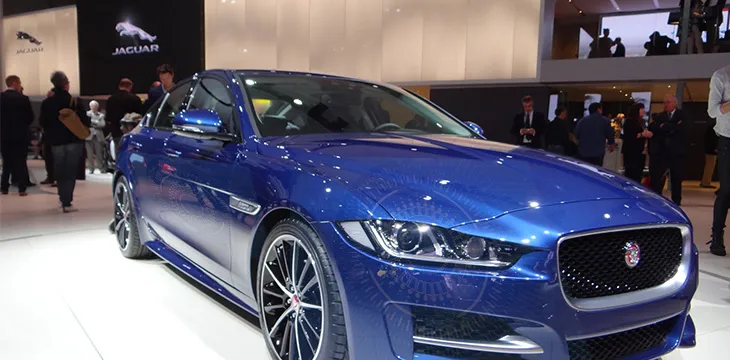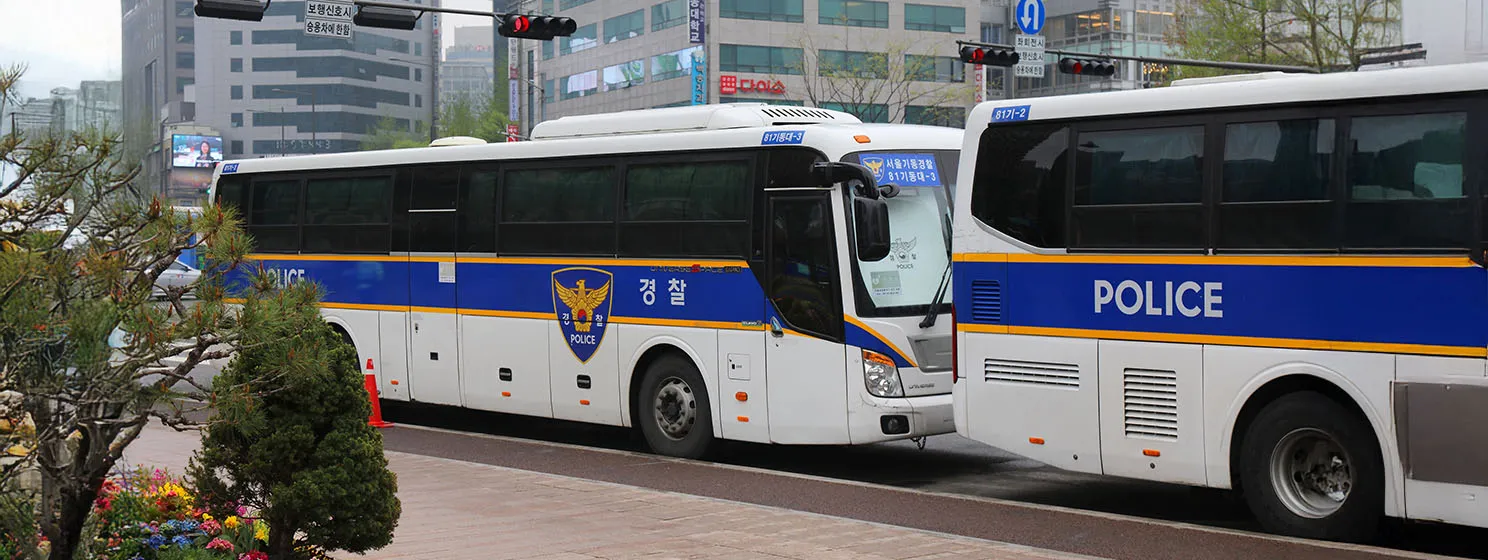|
Getting your Trinity Audio player ready...
|
If owning a Jaguar has ever been on anyone’s list, there is now an additional incentive to make it a reality. Jaguar Land Rover, the largest car manufacturer in the United Kingdom, is paying people to drive their cars, offering them cryptocurrency to automatically report traffic and road data.
The company is reportedly testing software in a facility in Ireland that enables smart crypto wallets in its vehicles, including the Range Rover Velar and the Jaguar F-PACE. The system will pay out IOTA to drivers who enable automatic data sharing without the need for any other interaction.
Among the data that the company hopes to distribute is traffic status, potholes and more. The information can be used by other drivers and even satellite navigation companies and local authorities to better maintain traffic flows and road conditions. The system is part of Jaguar’s overall vision of its “Destination Zero” concept, which hopes to see zero accidents, zero emissions and zero congestion.
Eventually, if the pilot program goes well, Jaguar will offer a commercial solution; however, there is no timetable yet established for a commercial rollout. IOTA is excited about the opportunity and its co-founder, Dominik Schiener, explains that the technology could be used in all new automobiles. He states, “IOTA wants to enable interoperability with all these different players. So there is no Jaguar coin, no BMW coin, but one universal token for this machine economy.”
IOTA works a little differently than do other digital currencies. Instead of being built on a blockchain, it is built on distributed ledger technology (DLT) in a system that IOTA calls the Tangle. The Tangle addresses some concerns of standard blockchains and allows for data or token transactions that don’t incur any fees.
According to a software architect with Jaguar Land Rover, Russell Vickers, “In the future an autonomous car could drive itself to a charging station, recharge and pay, while its owner could choose to participate in the sharing economy—earning rewards from sharing useful data such as warning other cars of traffic jams.”
The company’s executive director of product engineering, Nick Rogers, adds, “Our Shannon software development centre is advancing the use of cryptocurrency to make people’s lives better, by allowing drivers to safely share data and make payments from their vehicle.”

 09-04-2025
09-04-2025 





